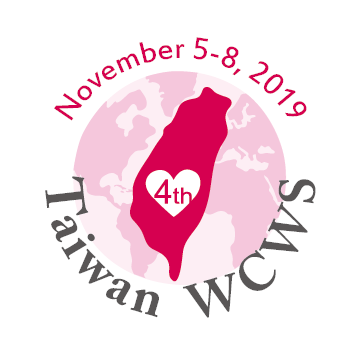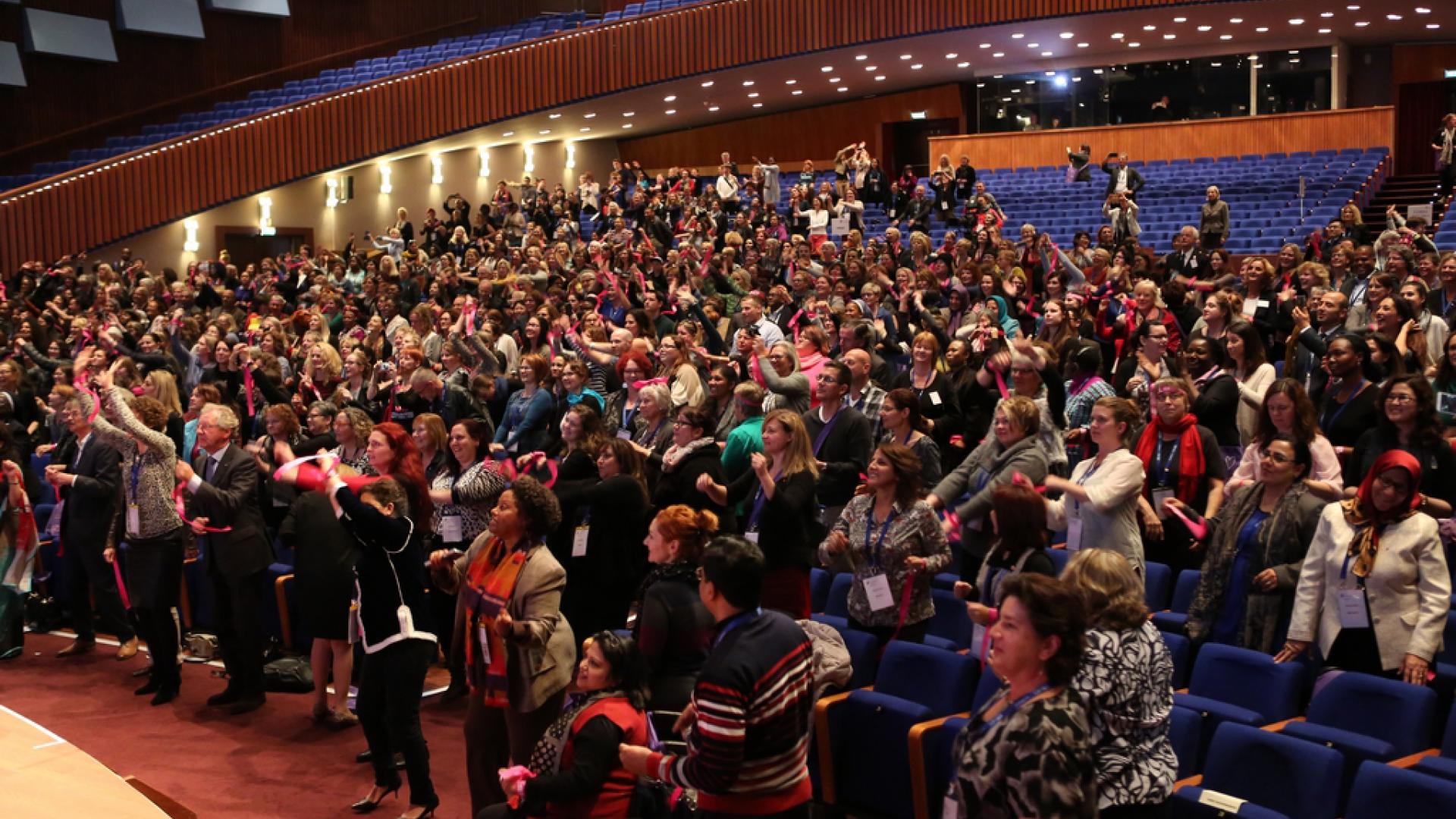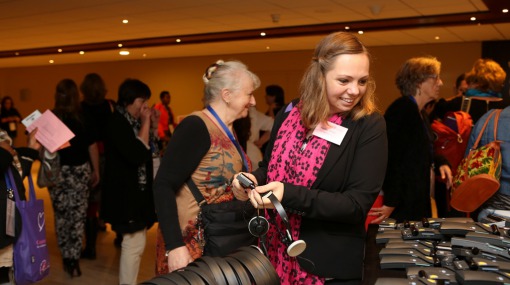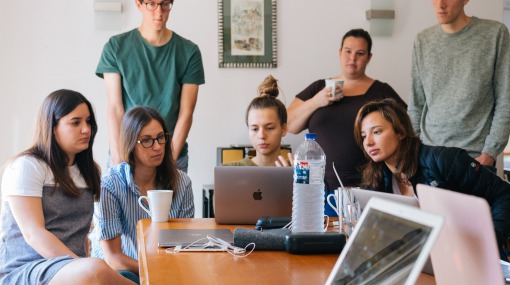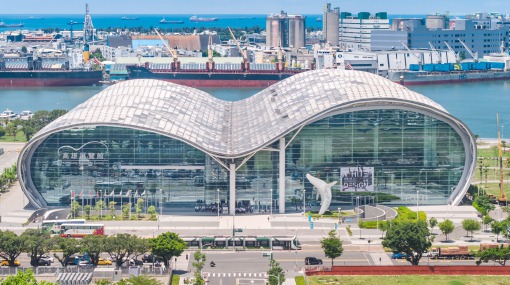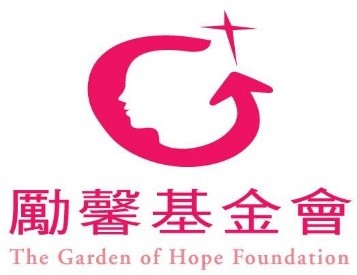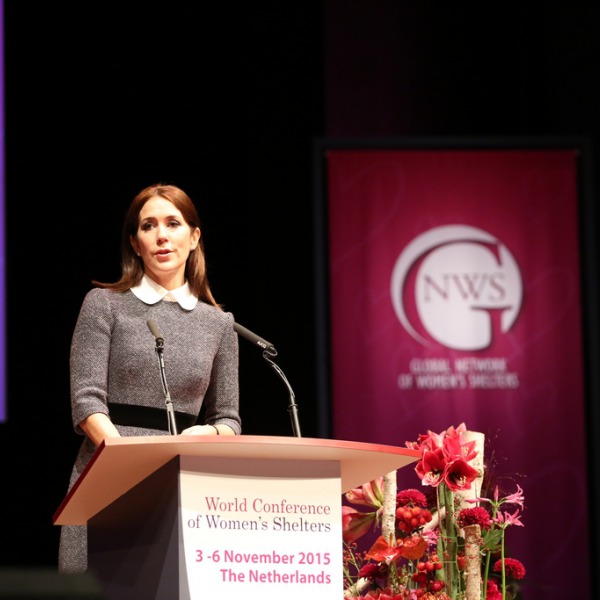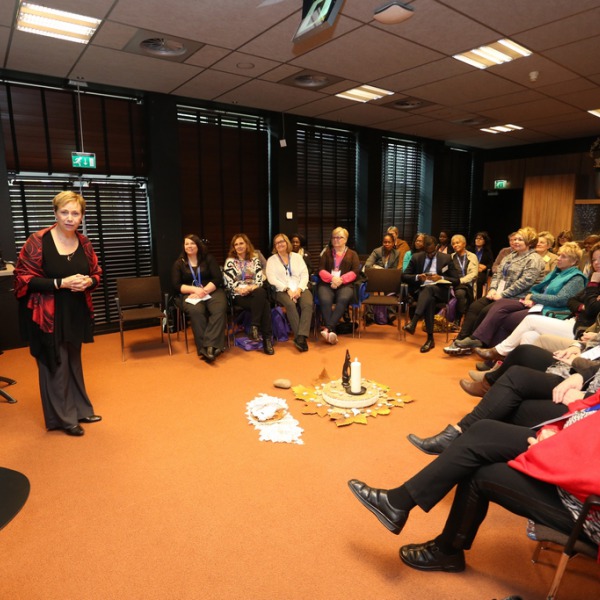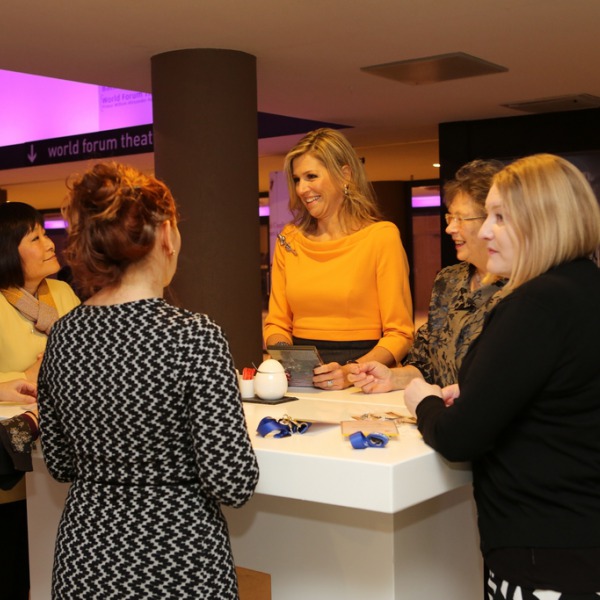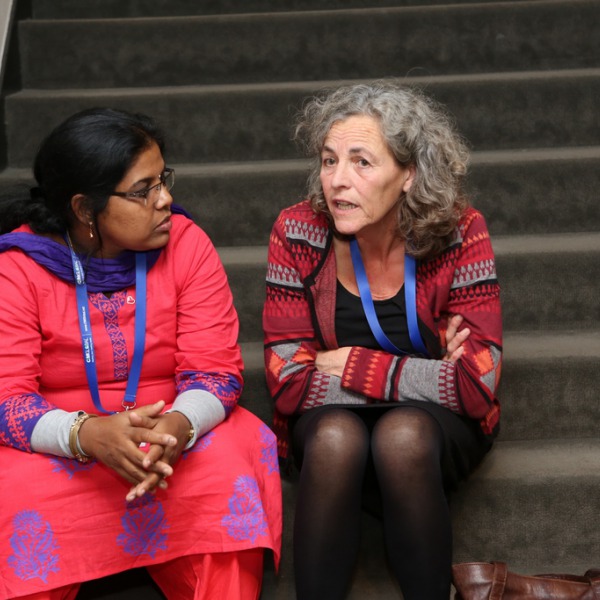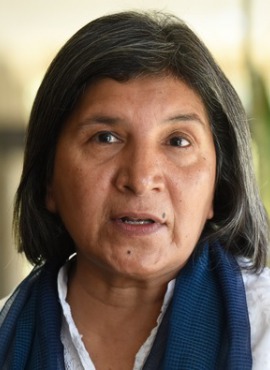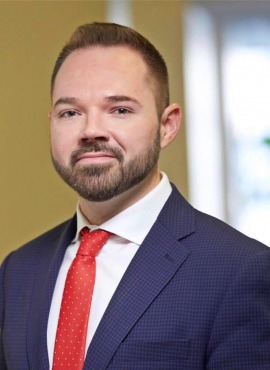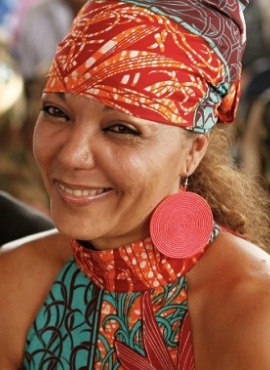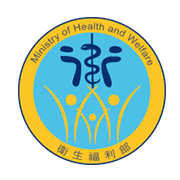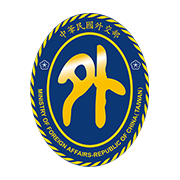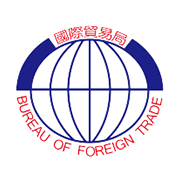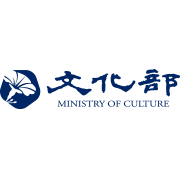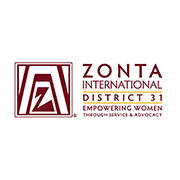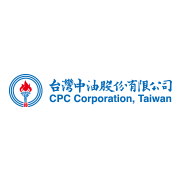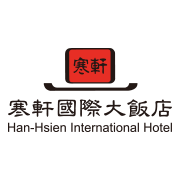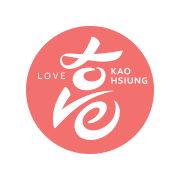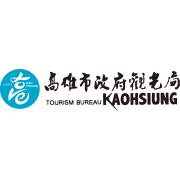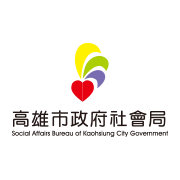En raison d’un manque de demandes, nous avons le regret de vous informer qu’aucun service d’interprétation simultanée en français ne sera fourni lors de la 4WCWS.
À propos de la 4WCWS
Idéalement situé dans la ville portuaire chaleureuse et ensoleillée de Kaohsiung, le parc des expositions de Kaohsiung est le lieu de conférence le plus réputé du sud de Taiwan.
La 4WCWS est une opportunité pour nous des contacts avec plus de 1,500 personnes inspirantes, de s'informer sur les services de refuges dans d'autres pays et de discuter de l'élimination de la violence basée sur le genre.
Le programme de 4WCWS a été élaboré en consultation avec des refuges du monde entier afin de définir des priorités et de se renseigner sur de meilleures pratiques.
La 4WCWS aura lieu du 5 au 8 novembre 2019. Commencez à organiser votre agenda dès maintenant!
Nouvelles
Les organisateurs de la 4e Conférence mondiale des refuges pour femmes (4WCWS) sont heureux d'annoncer que l'événement comprendra un caucus étudiant, des ateliers ainsi que de nombreuses opportunités qui permettront aux jeunes leaders de se créer un réseau. Afin d’encourager les jeun
Nous sommes ravis d’annoncer que la pré-inscription pour la 4ème Conférence Internationale des Refuges pour Femmes (4WCWS) est maintenant ouverte !
À propos de la Conférence
S'agissant de la conférence, le programme de la 4WCWS reflète les principaux problèmes auxquels sont confrontés à la fois la communauté des centres d’accueils et le mouvement plus large visant à mettre fin aux violences à l'égard des femmes. Il est conçu pour créer un maximum d’opportunités pour participer, apprendre et développer son réseau pour les délégués.
Le planning des quatre jours est divisé en cinq séances plénières, avec une cérémonie d'ouverture et de clôture, ainsi que des tours supplémentaires dans les centres d’accueil autour de Kaohsiung pendant le dernier jour. Chaque séance plénière sera suivie d’ateliers et de séminaires, largement consacrés aux thèmes de la plénière, et animés par des présentateurs du monde entier. Les cinq thèmes de la session plénière sont les suivants.
Les objectifs de la 4WCWS sont de renforcer le rôle des centres d’accueil dans les approches systématiques de lutte contre la violence à l'égard des femmes; renforcer, mobiliser et accroître l’efficacité et l’influence des réseaux mondiaux et régionaux des refuges en tant que leaders dans la lutte contre la violence à l’égard des femmes; lancer des projets et des initiatives mondiaux pour soutenir les foyers pour femmes et lutter contre la violence; et sensibiliser les gouvernements, les organisations internationales, le secteur des entreprises et du grand public aux problèmes de la violence contre les femmes pour encourager les actions de soutien aux refuges.
